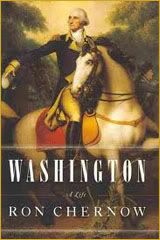With an accomplice in the previous one
 |
 |
Leopold's eerie expression (or lack of)
has similarities to Nietzsche's
The movie "Compulsion" by Richard Fleischer retells the true crime story of Nathan Leopold and Richard Loeb, two young Jewish men in the 1920s who killed a 14-year-old boy.
There are many nuances to this story, one of which is the famous anti-capital punishment speech their lawyer made which reduced their potential hanging to life imprisonment.
The other is their motive. They were attempting to perform the perfect crime, which of course means that they planned to get away with murder. And having done so, to demand a ransom money falsely claiming that the victim was still alive.
But, behind this "thrill to kill" motive is a more interesting, and macabre, desire. They were both following Nietzsche's Übermensch proposition that as superhumans ( they were both of very high intellectual abilities - Leopold with an IQ of 220 and Loeb 160, and both came from very wealthy families) they needed to follow no social or moral laws.
Yet, Nietzsche's ideas, when manifested in real people, produces messy results. The perfect crime was full of holes: Leopold dropped his glasses in the crime scene; their chauffeur negated their alibi; the type-writer, on which they wrote the ransom note, was found. And on and on.
Of course, the other much touted adherent of Nietzsche was Hitler. And what looked like a masterful beginning, with his ultra-disciplined army and bureaucracy, ended up with a pathetic suicide in a bunker.













